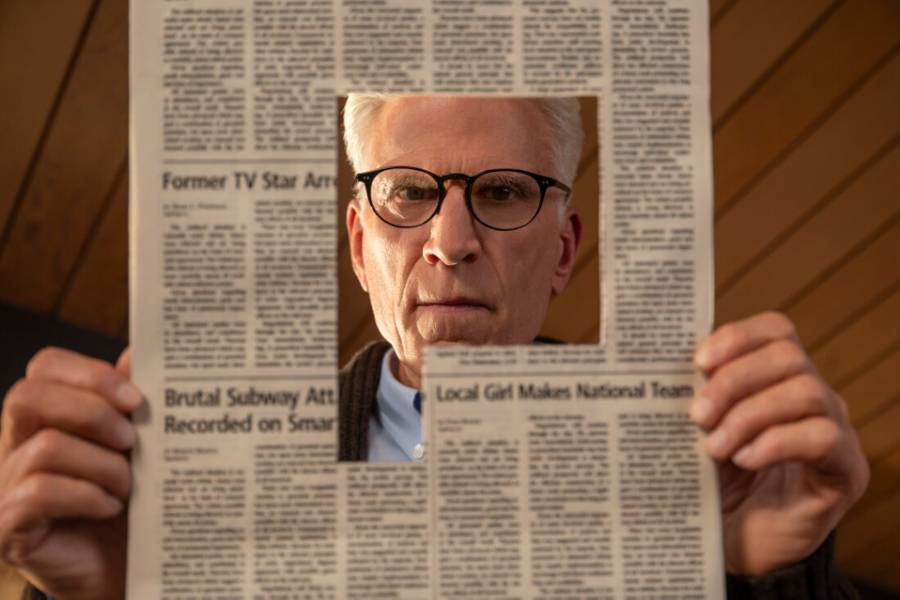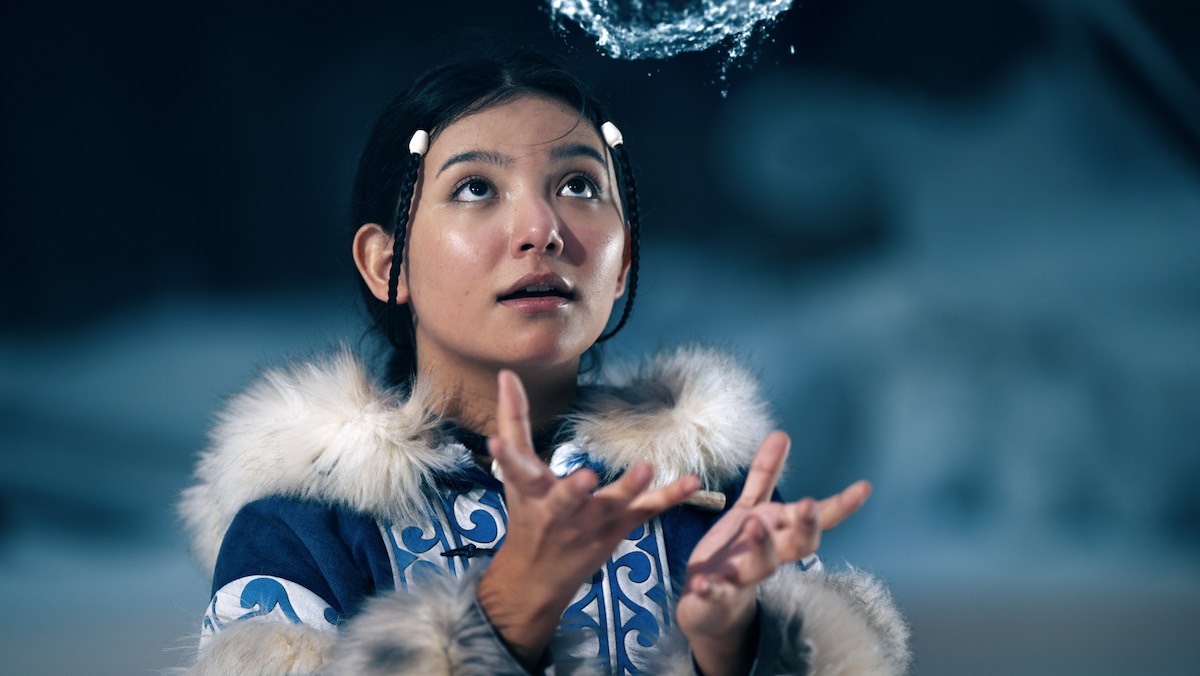“Poker Face” stars Natasha Lyonne as Charlie Cale, a casino waitress-turned-drifter with a gift for sniffing out lies. When Charlie’s hankering for the truth results in her sticking her nose where it doesn’t belong, she finds herself running from Cliff LeGrand (Benjamin Bratt), the head of security of a powerful casino mafia. She drives cross-country in her trusty 1969 Plymouth Barracuda, working all kinds of odd jobs, meeting fascinating new characters and solving murder mysteries along the way.
The first four episodes debuted on Peacock on Jan. 26, followed by weekly episode releases. It is the latest crime comedy from director Rian Johnson, best known for “Knives Out” (2019) and “Glass Onion: A Knives Out Mystery” (2022). Johnson created and executive-produced the series, which he also wrote two episodes and directed three episodes for. Perhaps the greatest thing about him is that he knows what he is good at and is able to consistently succeed at it. “Poker Face” is no exception to that.
Each episode begins by following new characters, giving their backstory leading up to a murder. Then the narrative switches focus to Charlie, often finding her working a new job or in some way involved with or in the same place as those involved with the murder. It is this consistent structure that contributes to the show’s comparison to the 1970s crime drama “Columbo.” “Poker Face” certainly borrows from its predecessors of the genre, but centering its story on the unconventional civilian crime-solver of Charlie Cale rather than a detective or private investigator makes the show truly stand out on its own. Thus, when an episode deviates from this structure in some way (like the finale does), it makes for an even greater emotional impact.
Part of what makes the series so enjoyable to watch is the guest actors in each episode. In episode two, 2023 Oscar nominee Hong Chau plays Marge, a truck driver and new friend of Charlie’s who is falsely accused of murder. Chloë Sevigny leads episode six as Ruby Ruin, a washed-up heavy metal frontwoman looking to make a comeback by any means necessary. Episode nine features Joseph Gordon-Levitt as a wealthy white-collar criminal on house arrest who finally gets out of the house when the power goes out during a storm. While the convincingly-written, witty dialogue is enough to make the show great, these stars make it incredible. It is nothing short of thrilling to watch brilliant actors bounce off Lyonne’s benevolent and eccentric Charlie as she befriends them, calls them out for lying or accuses them of murder.
“Poker Face” thrives in its comedic moments. Charlie often finds herself in hilarious situations, like when she runs through a museum wearing a giant horse head. Although “Poker Face” takes a lighter tone at times, there is still an ever-present darkness that threads through each episode. This feels most prominent toward the end of the season, particularly in episode nine, perhaps the darkest episode of all. Johnson’s directing prowess shines through in this intense, high-stakes story of life and death. While the episode follows the same basic structure as prior episodes, the risks are much greater for our beloved main character, to the point where the viewer begins to question whether she will make it out alive. Supporting turns from Gordon-Levitt, David Castañeda and Stephanie Hsu elevate the already impeccable script.
Without giving away too much, the finale provides a satisfying conclusion for Charlie’s year-long road trip, leaving viewers feeling ecstatic. Yet, Johnson does not let anyone revel in this for too long. Charlie finds herself needing to be on the run again, perfectly setting up the second season, which was officially announced Feb. 15.
With a lovable main character, a star-studded supporting cast and an episodic story structure that allows for each episode to still be incredibly unique, “Poker Face” has already established itself as one of the best shows of the year, if not of the past five years.




















